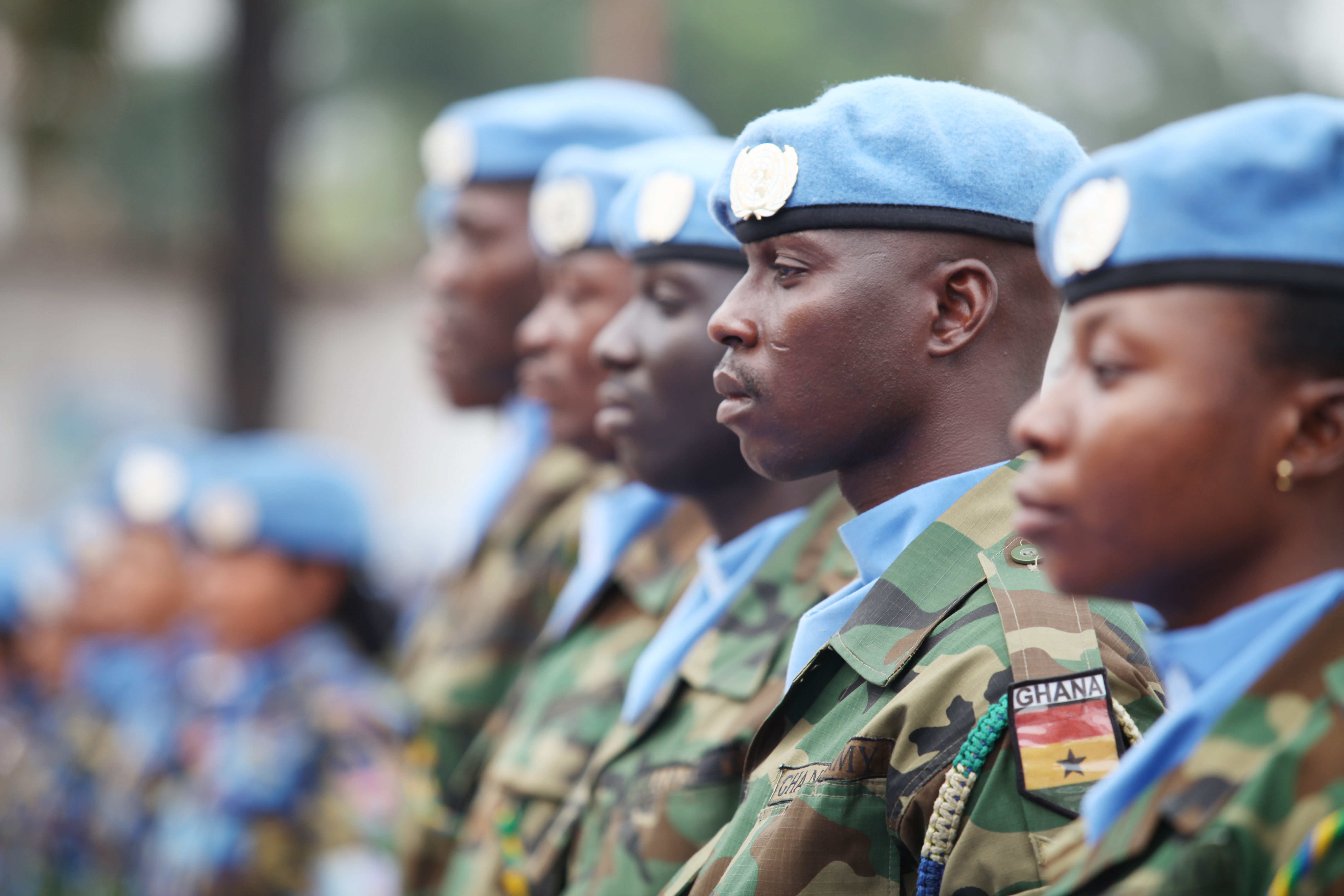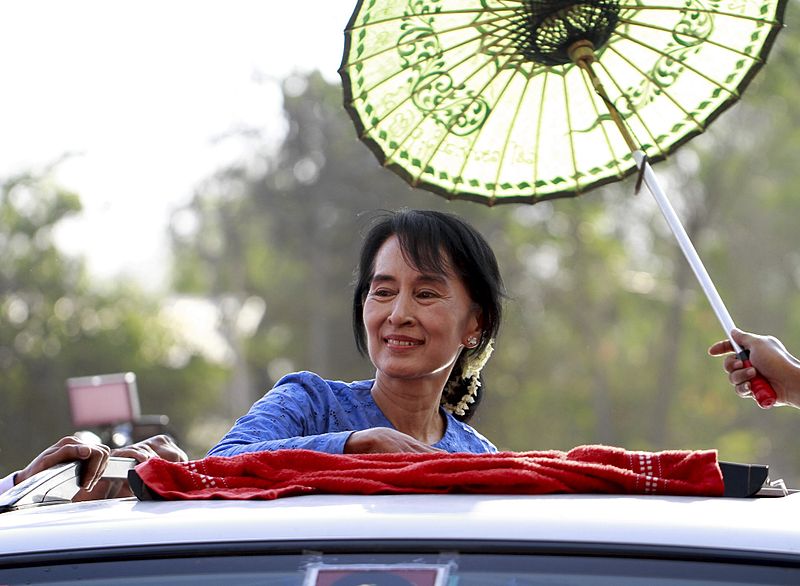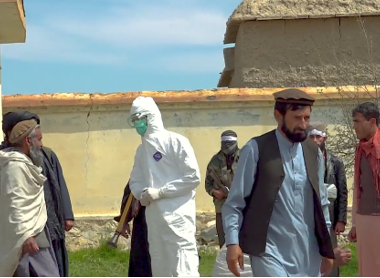The question on many minds right now is whether Egypt is sliding into a civil war. The events of the past 24 hours are ominous. But there are reasons to be hopeful amid all the violence and political uncertainty.
First, Egypt is not Algeria circa 1994. In Egypt there is more respect for the military, and there actually was an election whereby an Islamist was allowed to rule (albeit only for a year with disastrous results). Second, Egypt is more hostage to foreign influence, namely that of the United States and the Gulf states which together funnel billions of aid dollars into its coffers each year. Without this support it is unclear whether Egypt’s military could sustain a civil war a la Syria’s regime, which relies on outside support from Russia and Iran. To be sure, arms from Libya are increasingly being smuggled into Egypt through various illegal channels via Bedoin and jihadi groups. But these are mostly homemade weapons like handguns and rifles, not heavy weaponry. Third, all signs up until now have indicated that the military, headed by General Abdul Fattah el-Sisi, had no interest in governing the country. Instead, military leaders were more interested in their material perks associated with power, not with the actual distribution of public goods and services. Finally, unlike in Syria, which is run by a minority sect, Egypt is mostly Sunni. But even reprisal killings against Coptic Christians are unlikely to devolve into a nationwide civil war — in Egypt there is just not the same Shiite-Sunni cleavages that stoke sectarian tensions in places like Iraq, Bahrain, or Syria.
The war underway now is less “civil” than one of propaganda. The Muslim Brothers have the world’s sympathy on their side, having been the victims of one of the worst crackdowns in recent history, even for a region that has seen its fair share of violence. If the Brothers can maintain a non-violent stance, the military may be shamed into surrendering power and allowing more liberal forces to enter politics. At the moment there is a kind of standoff, where both the Brotherhood and the military have no rational exit strategy. A strategy of non-violence for Egypt’s Islamists (the Brothers long ago forswore violence but other armed Salafist groups could play the role of spoiler) could mean literally suicide, while greater repression by the military could be viewed by el-Sisi as necessary to restoring law and order.
But the outcome of this prisoner’s dilemma is not necessarily civil war but rather a mutual standoff whereby neither party gives any ground, both sides are allowed to save face, and the state of emergency is quietly lifted while outside powers broker some kind of ceasefire. The military must realize that it cannot eradicate the Muslim Brotherhood with force: Cairo is not Hama circa 1982. Unlike then, the eyes of the whole world are glued on what the military will do. Because the stakes of a civil war are so high, for both the Brothers and the military, we can imagine a scenario whereby both sides avoid going over the abyss, yet neither budges an inch. It will be less power-sharing that an uneasy peace and begrudging acceptance of the status quo to avoid a world-of-all-worlds outcome: civil war.






0 comments